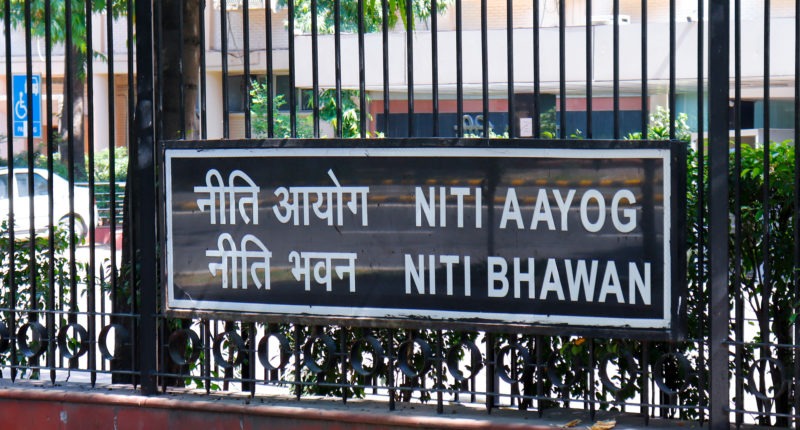NITI Aayog has suggested that the government provide tax incentives for investment in InvITs (Infrastructure Investment Trusts) and bring them under the IBC (Insolvency and Bankruptcy Code) to attract retail and institutional investors. It will help in achieving the goals of the National Monetisation Pipeline (NMP) scheme.
InvITs are pooled investment vehicles that attract wealthy individual and institutional investors with returns from underlying assets such as the toll road. InvITs are structured to allow investors to invest in infrastructure assets with predictable cash flows. The asset owners can raise resources against the future revenue cash flows from those assets.
This month, the NITI Aayog prepared and released a report on the NMP scheme after consultation with the infra line ministries. It recommended that more user-friendly and tax-efficient mechanisms like allowing tax benefits in InvITs as eligible security to invest under Section 54EC of the Income Tax Act, 1961 are essential for initiating retail participation in these investment instruments.
The Finance Minister, Smt. Nirmala Sitharaman announced an Rs.6 lakh crore NMP scheme on August 23 that aims to fulfil the asset monetisation mandate of the government as proposed in the Budget 2021-22. It seeks to unlock value in various infrastructure assets across sectors, ranging from road and railways to power.
The Finance Minister mentioned that asset monetisation would not involve selling land, and it is about monetising brownfield assets. Under the current regulations, the trusts are not considered legal persons. Thus, the IBC would not be applicable for InvIT loans. The NITI Aayog noted in its NMP guidebook that the lenders do not have an existing process for recourse to project assets because trusts do not come under the purview of the IBC.
There is protection for the InvITs lenders under the Recovery of Debts and Bankruptcy Act, 1993 and Securitisation and Reconstruction of Financial Assets and Enforcement of Security Interest Act, 2002 (SARFAESI Act). However, the recourse provision under the IBC will bring in additional comfort for the investors.
According to the NITI Aayog, encouraging investor participation, streamlining operational modalities and facilitating commercial efficiency could ensure effective and efficient outcomes from the monetisation drive. Providing tax breaks to investments in InvITs will push and encourage retail participation in these formats.
For any clarifications/feedback on the topic, please contact the writer at mayashree.acharya@cleartax.in

I am an Advocate by profession. I interpret laws and put them in simple words. I love to explore and try new things in life.





